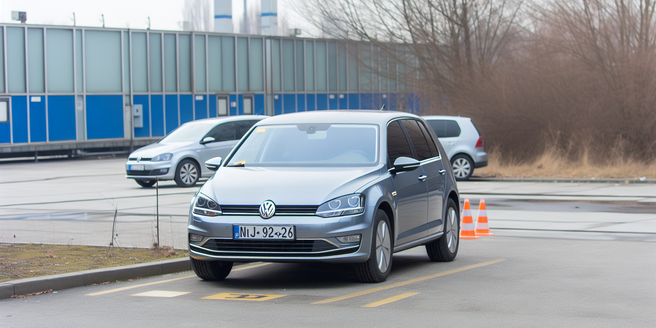
Volkswagen, a household name in the automobile industry, faced significant legal actions due to their involvement in an emissions scandal. This scandal is considered one of the largest mass tort cases in history, and the following blog post will delve into the details.
Introduction to the Scandal
The story erupted in September 2015 when it was revealed that Volkswagen had installed cheat software in their diesel cars. This software detected when the cars were being tested for emissions, manipulating the emission levels to meet standards. In reality, the vehicles emitted up to 40 times the allowed emissions during regular driving.
Unraveling the Corporate Deceit
Volkswagen had deceived its customers and regulators, resulting in the contravention of several environmental laws. This gross misrepresentation saw the violation of the Clean Air Act by millions of Volkswagen cars sold in the United States over a period of several years.
The Legal Implications
As a result of Volkswagen’s deceit, vehicle owners, dealerships, and governmental entities filed lawsuits. The consolidated lawsuits, known as a mass tort, sought compensation due to the decrease in the vehicles’ value and the breach of environmental laws.
The Consolidation as a Mass Tort
Because of the massive number of lawsuits, the cases were consolidated into a Multidistrict Litigation (MDL) for judicial efficiency. This allowed the courts to manage the massive number of cases, with plaintiffs seeking compensatory and punitive damages.
The Settlement
Volkswagen agreed to a $14.7 billion settlement in 2016, which, at the time, was the largest ever auto-related consumer class-action lawsuit in the U.S. history. The settlement saw the implementation of a compensation program for affected owners and lessees of Volkswagen vehicles, as well as significant penalties.
Lessons from the Scandal
The Volkswagen emissions scandal is a stark reminder of the potential for corporate deceit and the importance of regulatory vigilance. Most importantly, it showcases the power of mass torts to hold corporations accountable for their actions and secure compensation for affected parties.
In this age of increasing consumer rights and environmental-consciousness, other corporations must take heed from the Volkswagen case. It underlines that actions detrimental to consumers and the environment will not be tolerated and will be met with stringent consequences.
